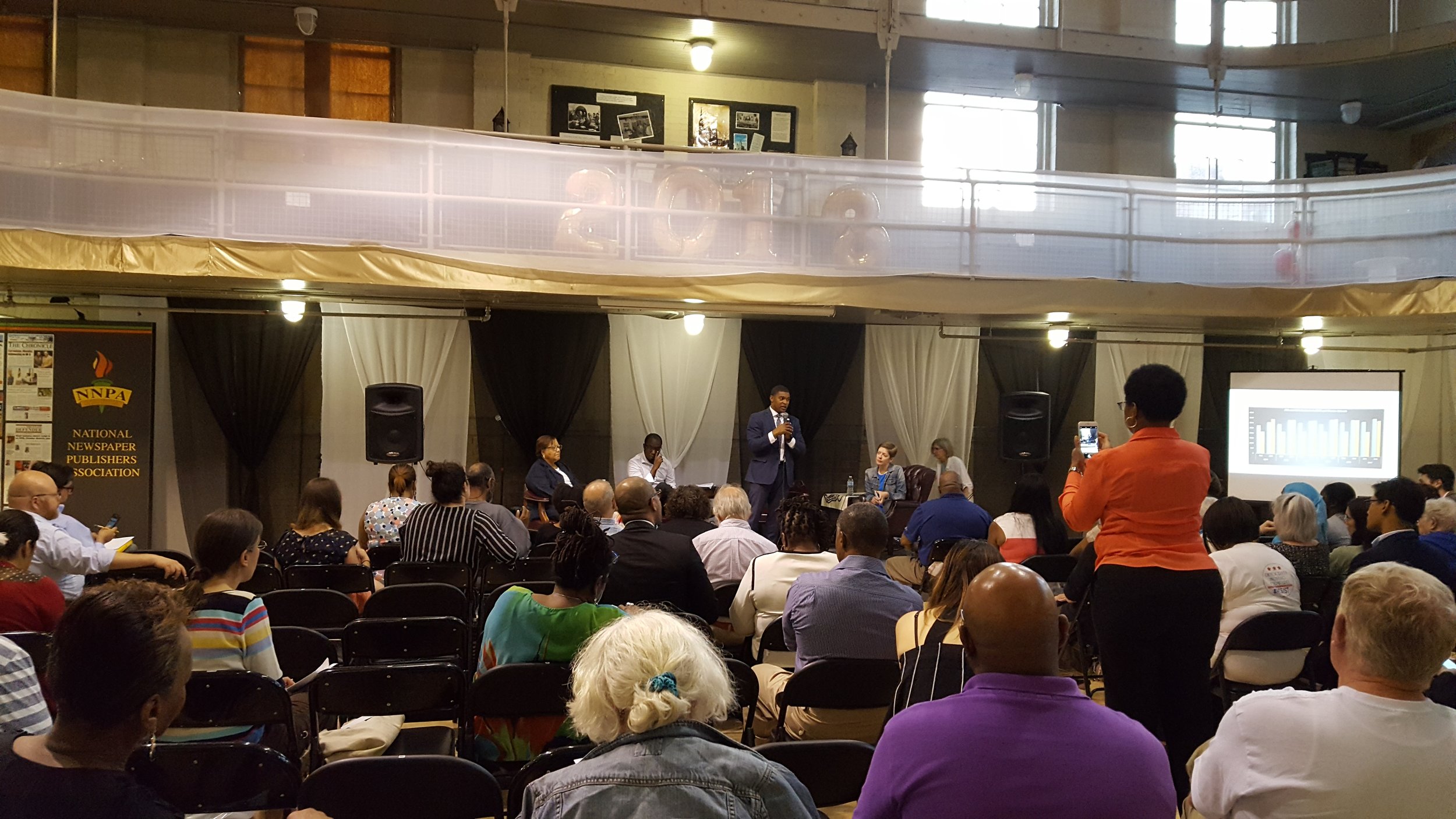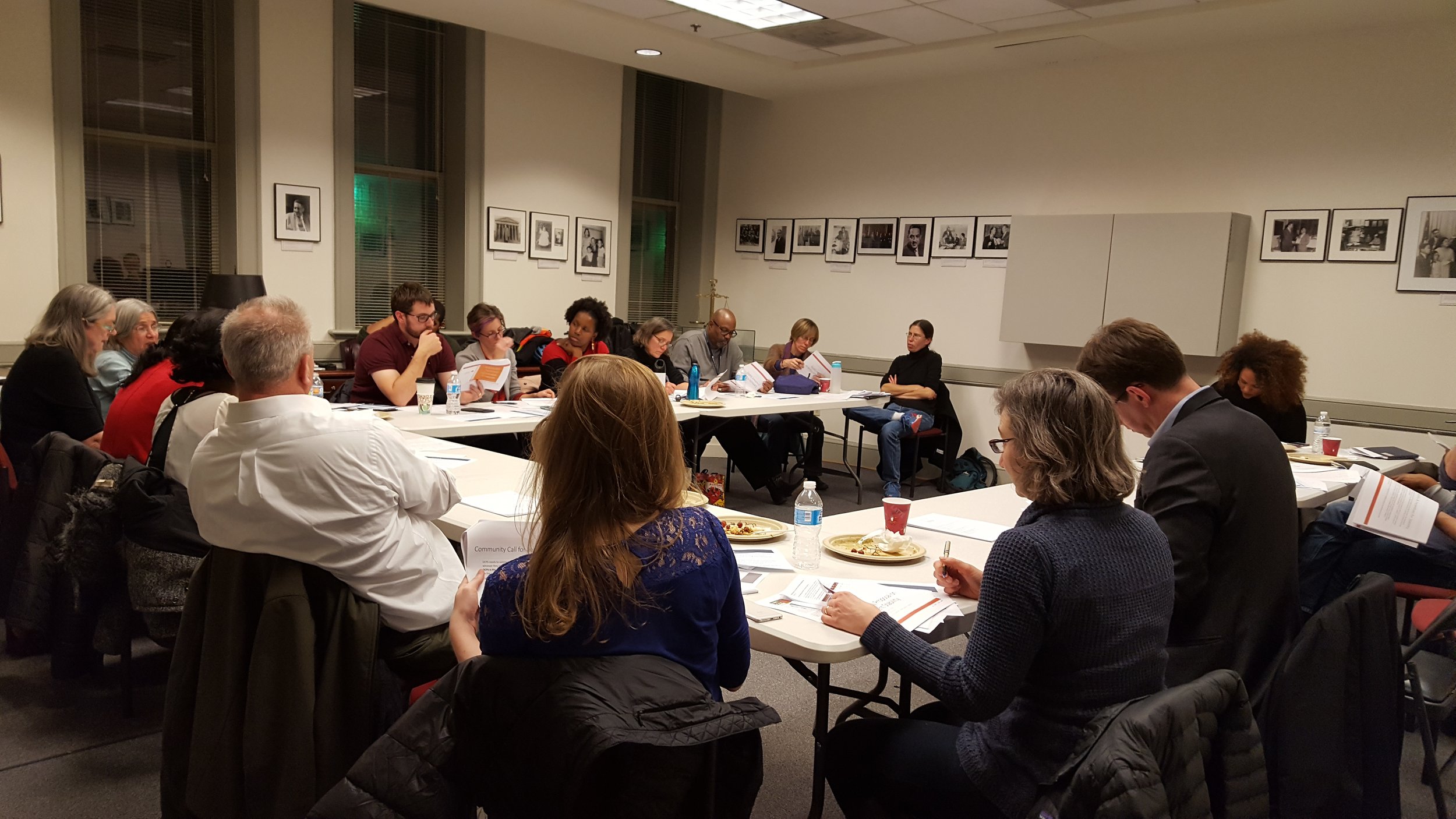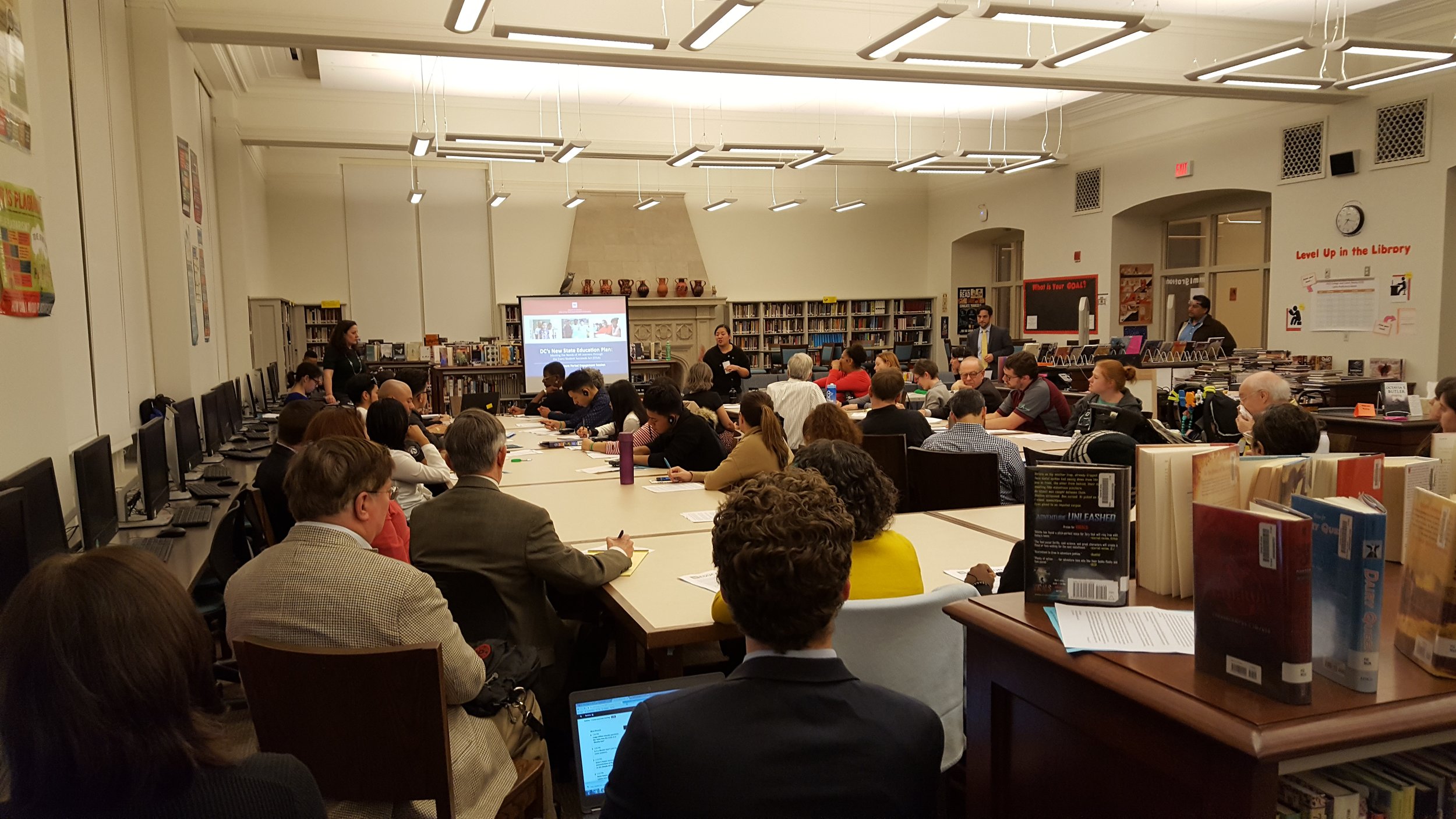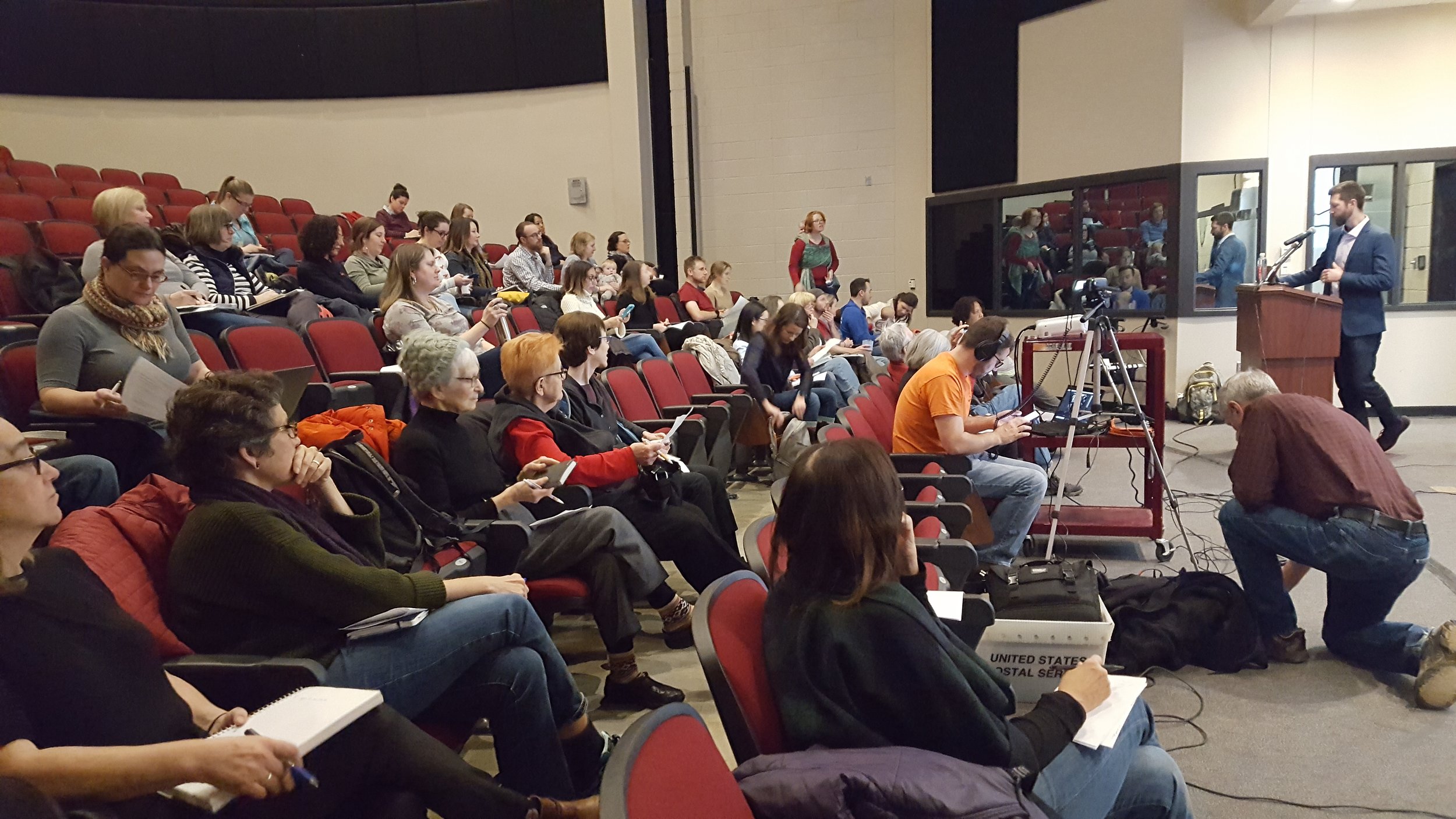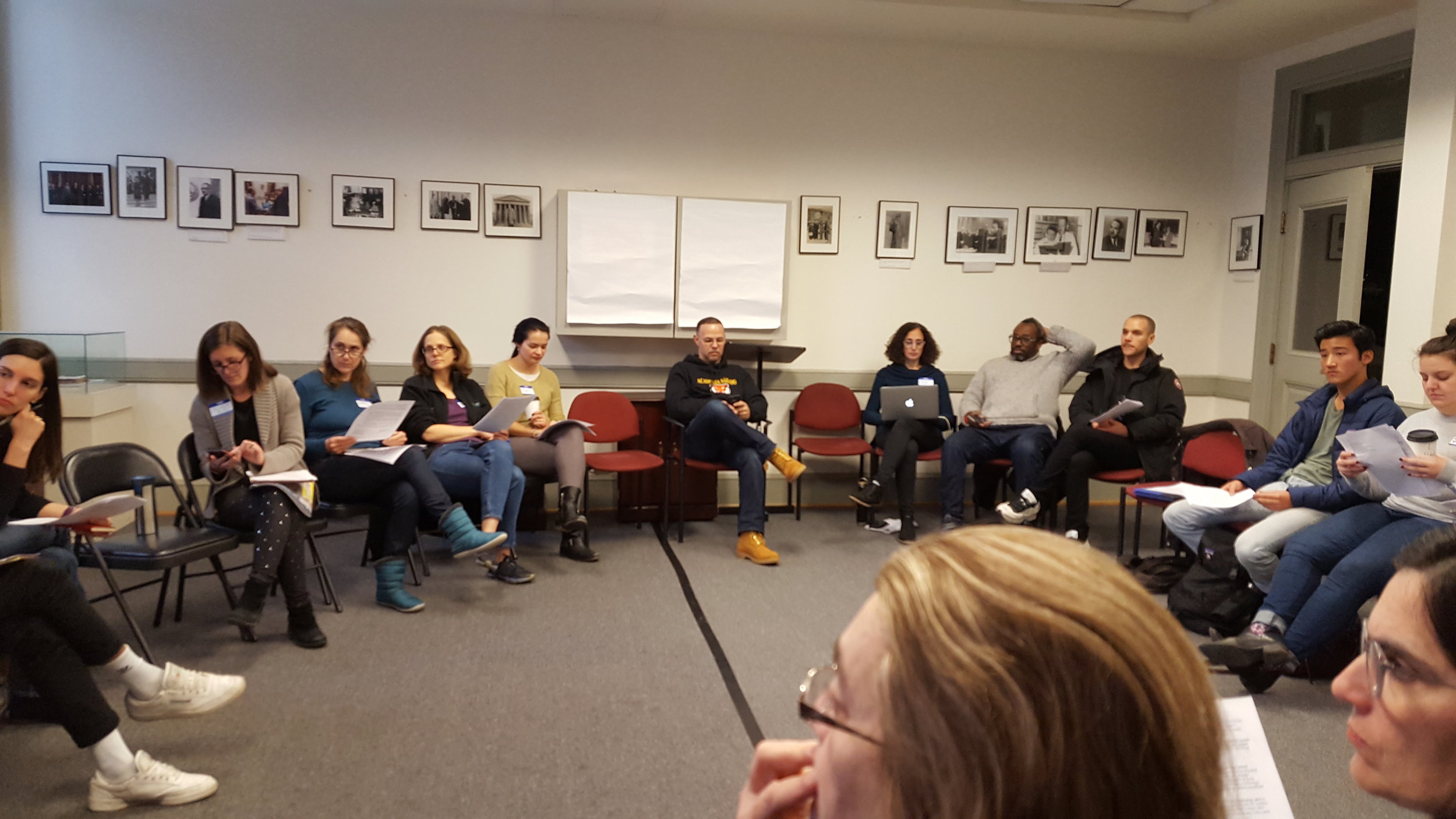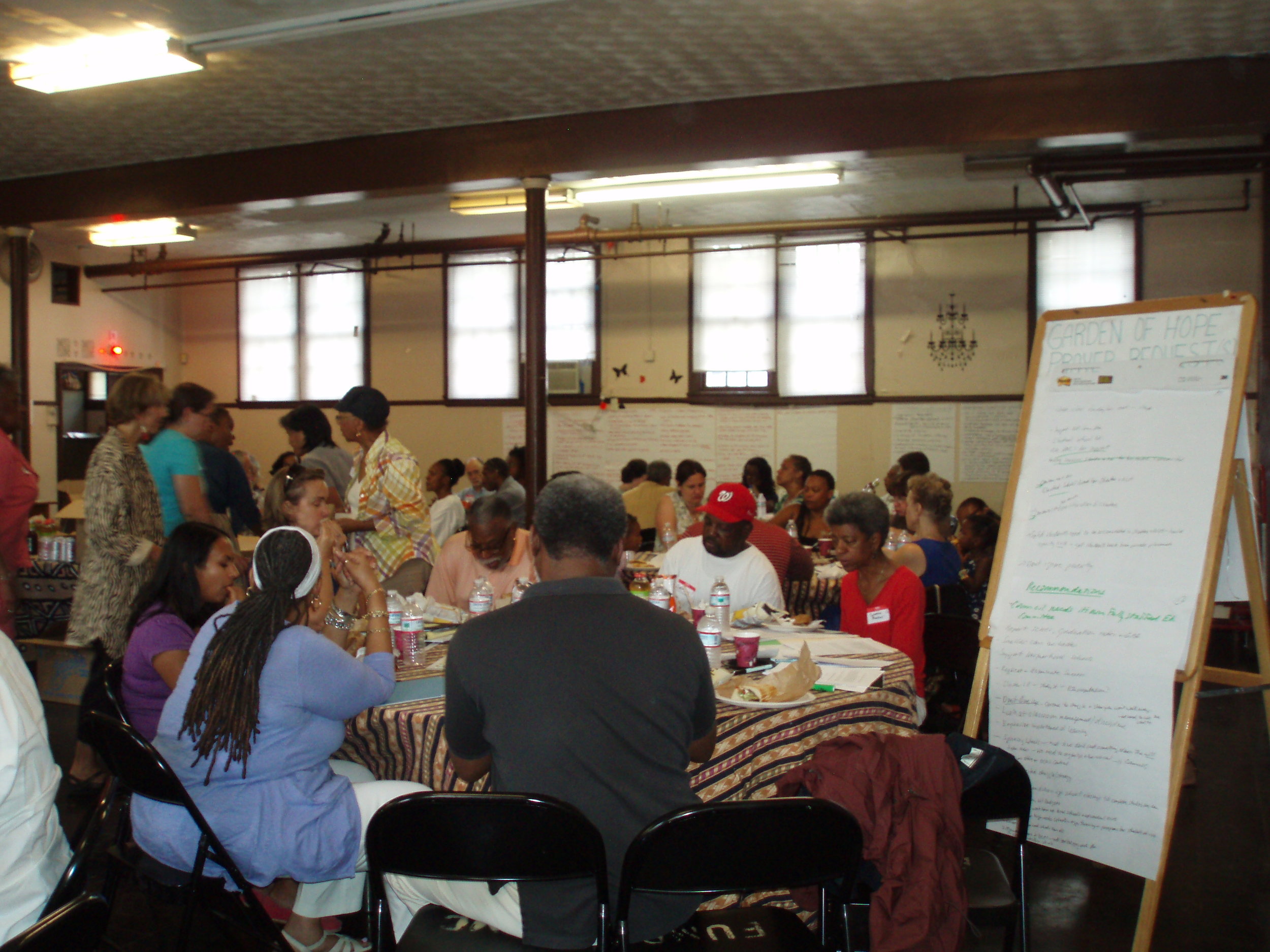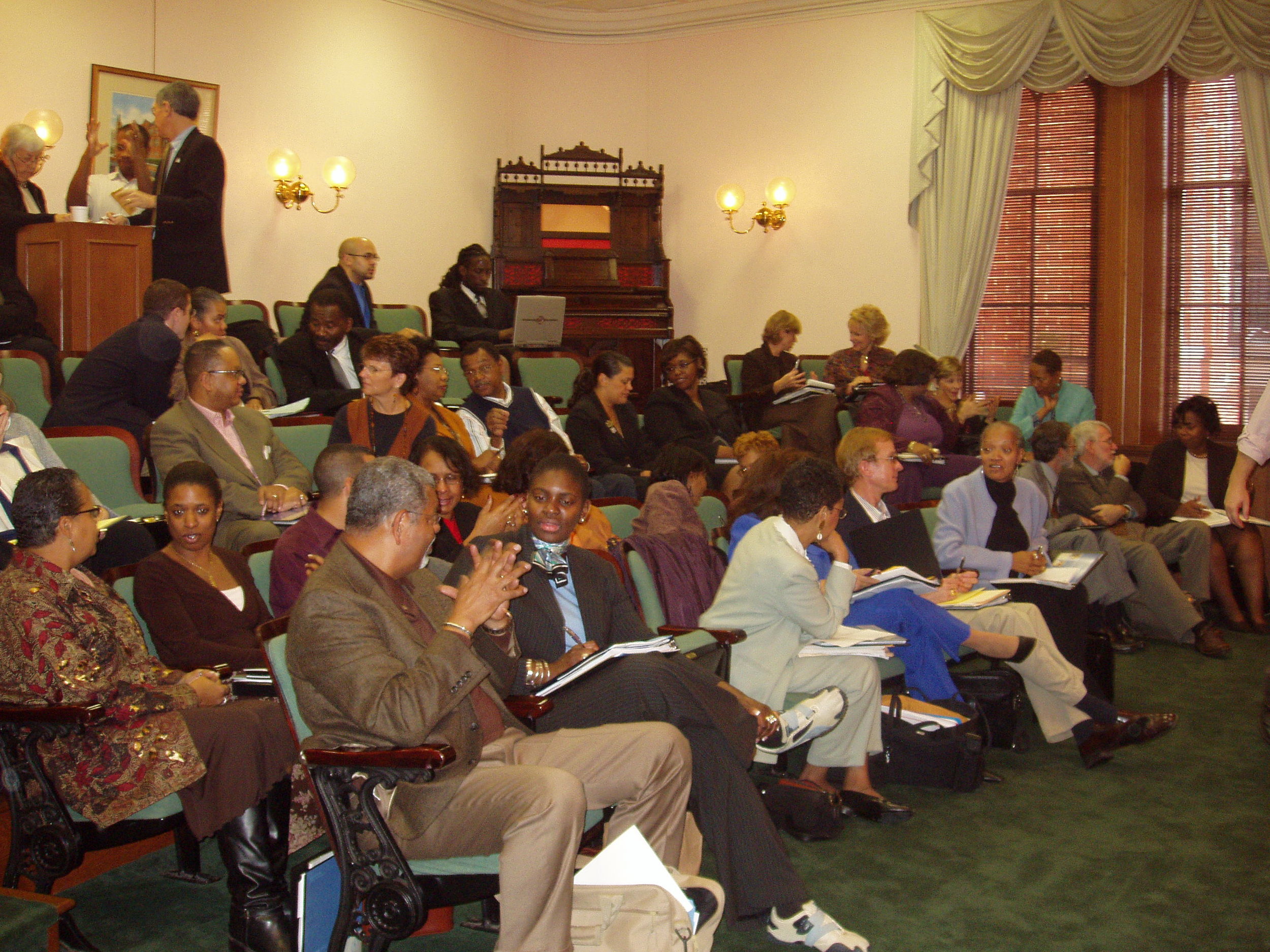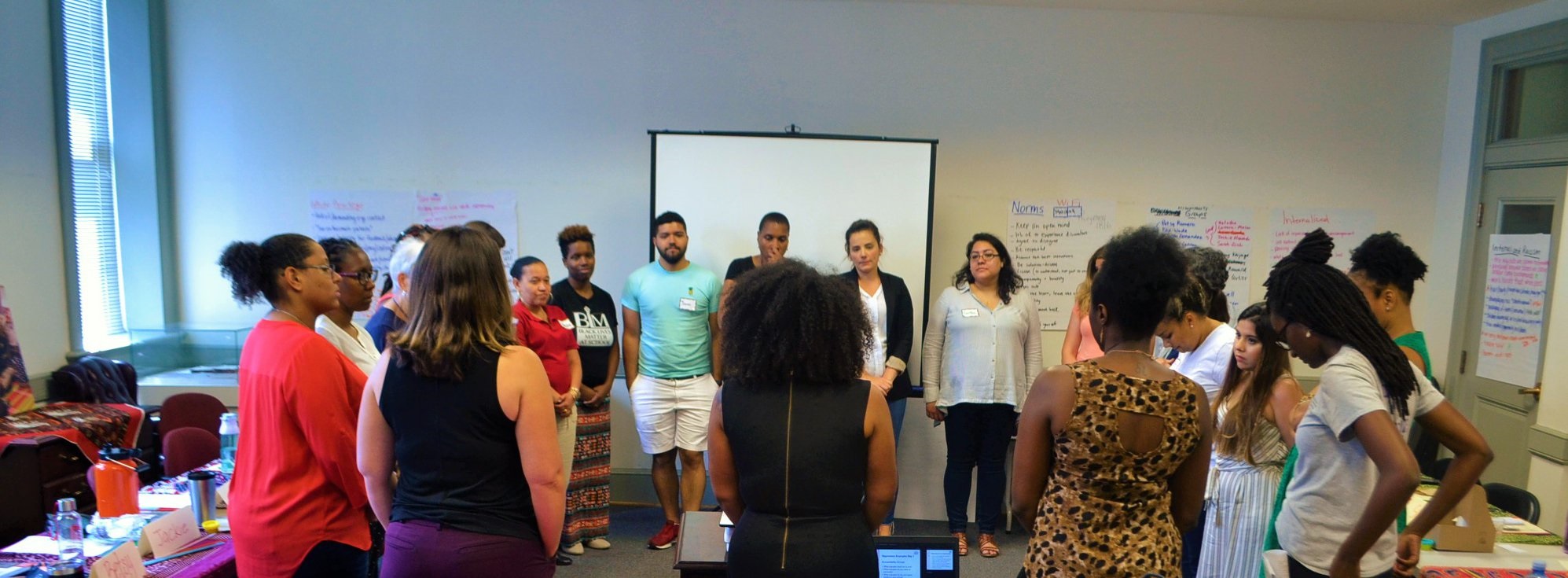Valerie Jablow testimony to DC Council on Literacy
/My name is Valerie Jablow, and I have been a DCPS parent for the last 17 years. Both of my children were taught to read starting in preK4, their first year in DCPS.
In that time, my children also had access to high-quality school libraries, which provided a rich source of materials for them to not only read, but to enjoy.
Those school libraries were led by school librarians, who ensured that reading materials were up to date, appropriate, plentiful, and engaging, while also ensuring that students had regular and supportive access and guidance around those materials. Those librarians worked with my children’s teachers directly, as integral partners in student literacy.
As a result, my children learned not only to read, but that reading is a vital source of their own joy, freedom, and empowerment.
I read through the materials provided by DCPS and OSSE for this hearing about student literacy—but found no mention in those materials about school librarians, school libraries, or the joy of reading.
Such apparent inattention to the importance of school libraries and librarians to literacy flies in the face of more than half a CENTURY of research showing a correlation between well-staffed and provisioned school libraries and literacy development. (See here and here for some recent studies.)
But that inattention is not new.
For decades, teachers, parents, and advocates have had to lobby our elected and appointed officials to ensure that DCPS school libraries and librarians exist at all. Libraries and librarians have been habitually cut from our school budgets. And even when school libraries have existed, their budgets have often fallen short of ensuring up to date or plentiful materials—and sometimes anyone to staff them.
Like so much with our schools, those shortfalls track with poverty. Five years ago, school libraries advocate Peter MacPherson received materials from DCPS showing that schools with the poorest students often had the fewest books per student. At the time, Raymond’s library had 6.7 books per student; Burroughs, 8 books per student; and Stanton, 1.5 books per student.
The minimum recommended by school library professionals is 15 books per student (see here and here).
Perhaps the worst part of DC’s civic inattention to its school libraries and librarians is that it is a choice our education leaders make regularly—a very poor choice if we are truly concerned about student literacy.
For instance, in 2016 the executive director of the charter board testified to this body about wanting a pilot program with DC public libraries because, in his words, “not all of our public charter schools have libraries. Some do, and some choose not to and spend their resources elsewhere.” (This occurred during the March 3, 2016 oversight hearing, starting at the 2 hour, 47 minute mark.)
Since fall 2021, legislation to make permanent librarians and libraries in every DCPS school has been stalled in this body. This is sadly not unique: I found legislation from 2012 that would also have made librarians permanent in our schools—had it ever come to a vote.
Instead of committing to our most direct and democratically available tool for securing student literacy, school libraries and librarians, we lurch from year to year with tentative funding, new initiatives, and odd silences.
For example, OSSE’s testimony discusses $13 million in literacy grants to charter schools, to serve a total of 8800 students—or about $1400 per student--in high-impact tutoring.
But there’s no explanation of who is doing the tutoring and how, much less the nature of their training and coordination with teachers. There is also no assurance that those 8800 students have regular access to robust school libraries and trained librarians to support their literacy journeys. Beyond those students, there’s silence on what DC schools have libraries; the condition of those libraries; and whether there are librarians available to help with literacy.
As a parent whose children are literate because of their DCPS teachers, librarians, and school libraries working together, I urge you to now embrace the easiest proven path to student literacy in DC: pass legislation to ensure that all DCPS schools have well- provisioned libraries and librarians permanently. Thank you.
